Your cart is currently empty!
Tag: Compost
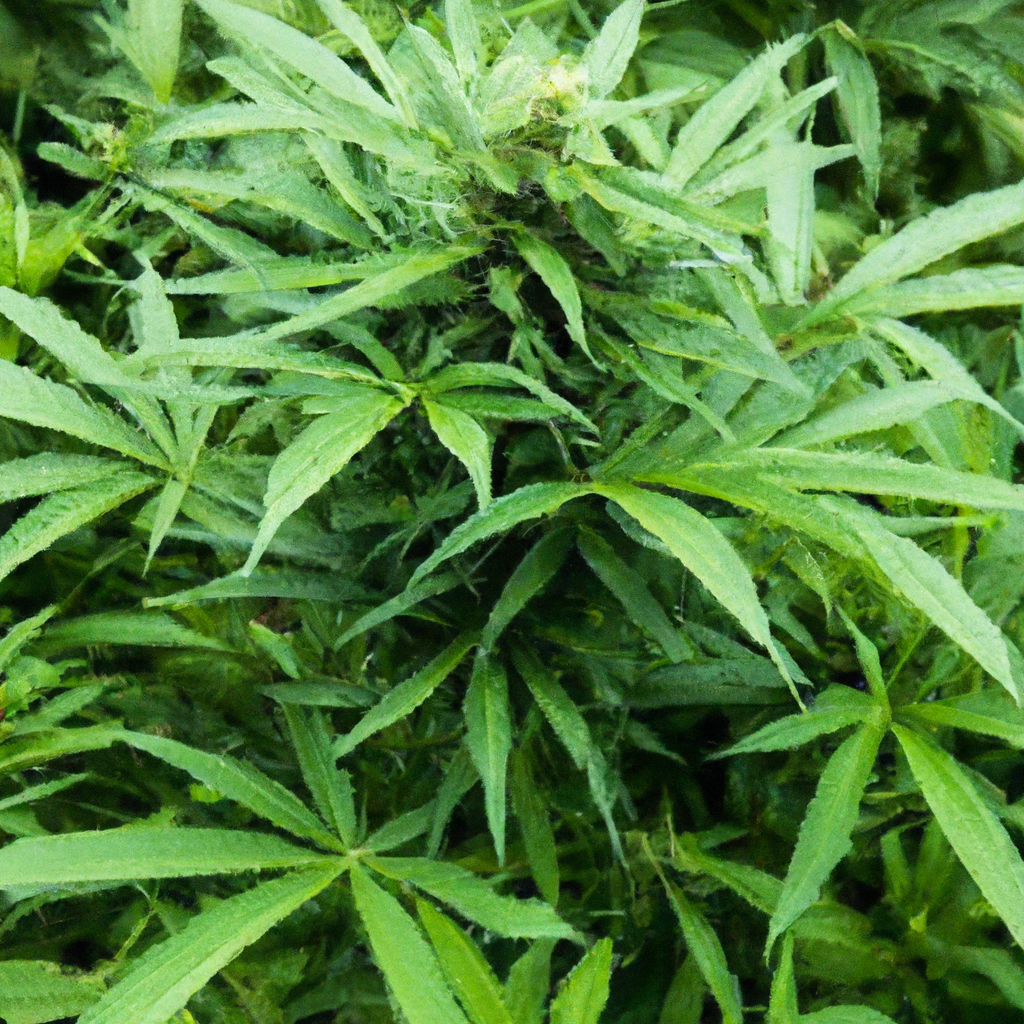
As demand for sustainable agriculture rises, organic cannabis cultivation using natural methods is gaining popularity. This article delves into best practices for organic cannabis growth, emphasizing the importance of building a healthy soil ecosystem through compost, cover crops, and crop rotation. It highlights the benefits of natural fertilizers like fish emulsion and seaweed extract, alongside…
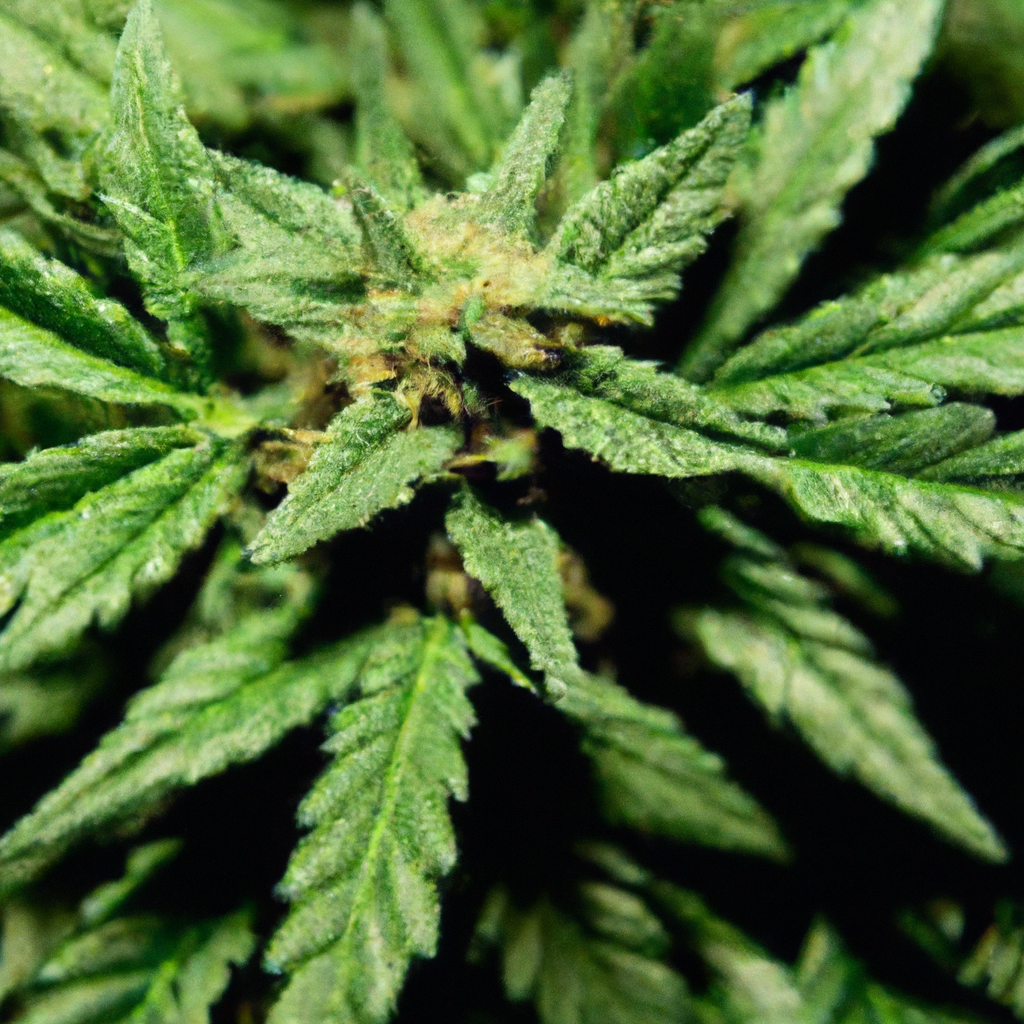
Embracing organic methods in cannabis cultivation enhances both environmental sustainability and the quality of the product. By utilizing natural fertilizers, compost, and sustainable practices, growers can foster a vibrant ecosystem for their plants, free from synthetic chemicals. Key practices include enriching soil with homemade compost, using companion planting and crop rotation, and utilizing natural fertilizers…
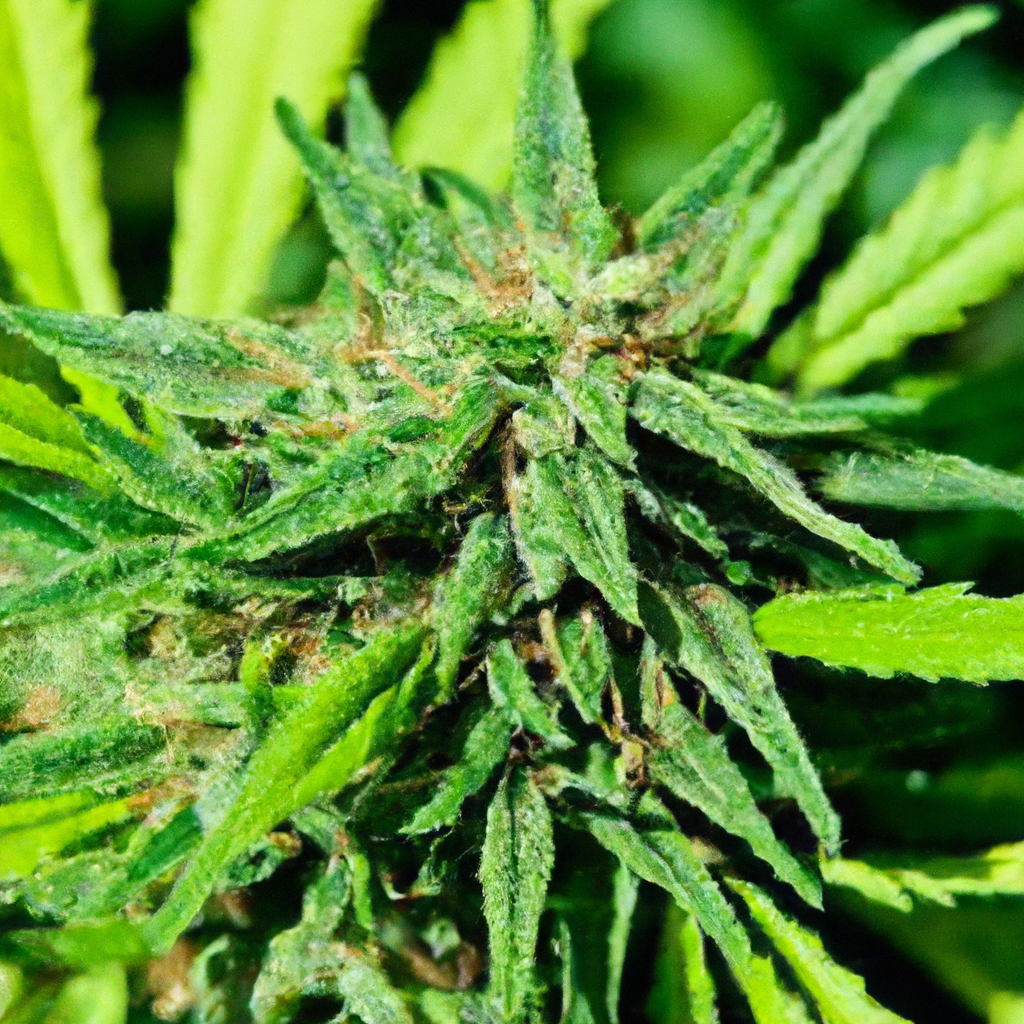
Discover the benefits of organic cannabis cultivation through natural fertilizers, compost, and sustainable pest control methods. Enhance soil health using compost, cover crops, and beneficial microbes. Opt for natural fertilizers like bone meal and fish emulsion for plant growth, and utilize techniques such as companion planting and neem oil for pest management. Embrace sustainability with…
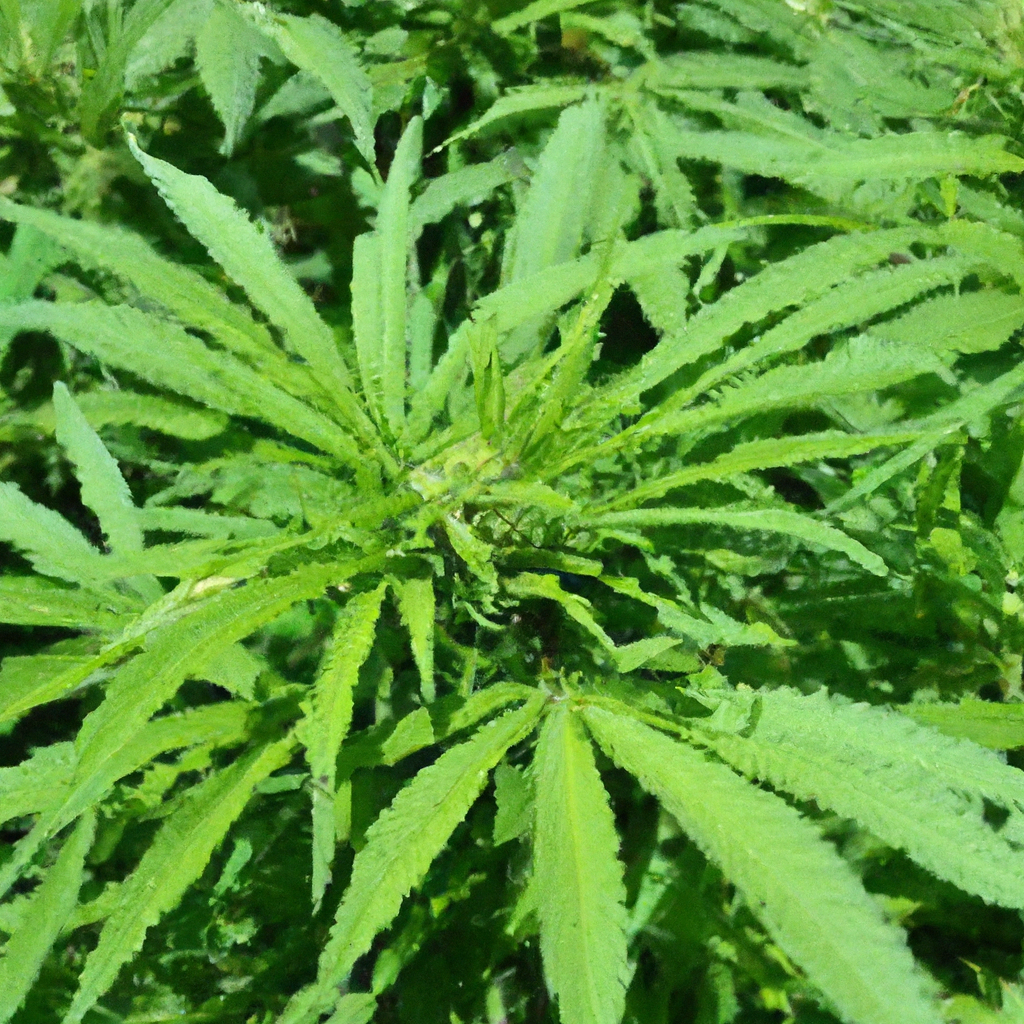
As the demand for cleaner cannabis products rises, organic cultivation methods are becoming increasingly popular among growers and consumers. This article highlights best practices for organic cannabis cultivation, emphasizing the importance of building rich soil ecosystems, using natural fertilizers like compost and fish emulsion, and implementing eco-friendly pest control methods such as companion planting and…
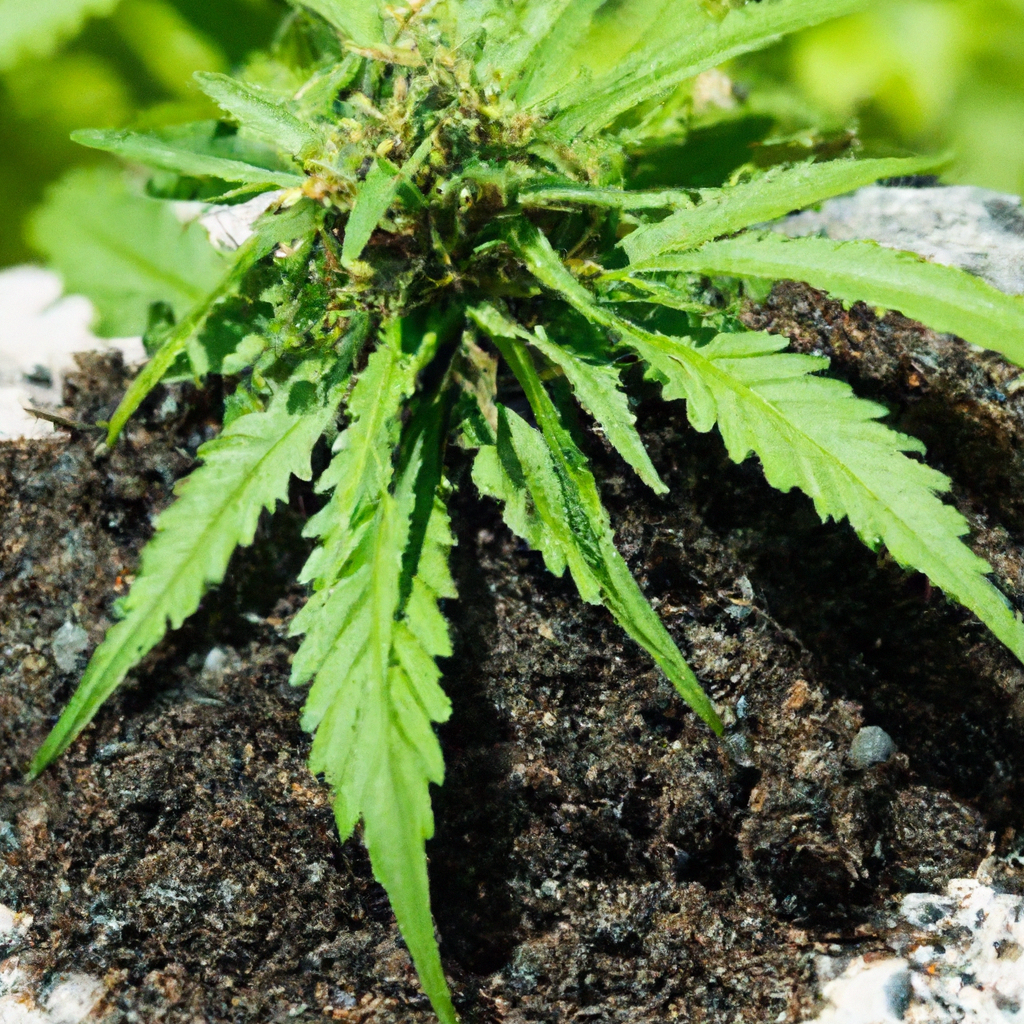
Organic cannabis cultivation provides a sustainable, environmentally friendly approach to growing high-quality cannabis. This guide details how to nurture a robust soil ecosystem using compost, beneficial microbes, and crop rotation. It highlights natural fertilizers like fish emulsion, bokashi, and bone meal to promote growth and eco-friendly pest control methods, including companion planting and neem oil.…
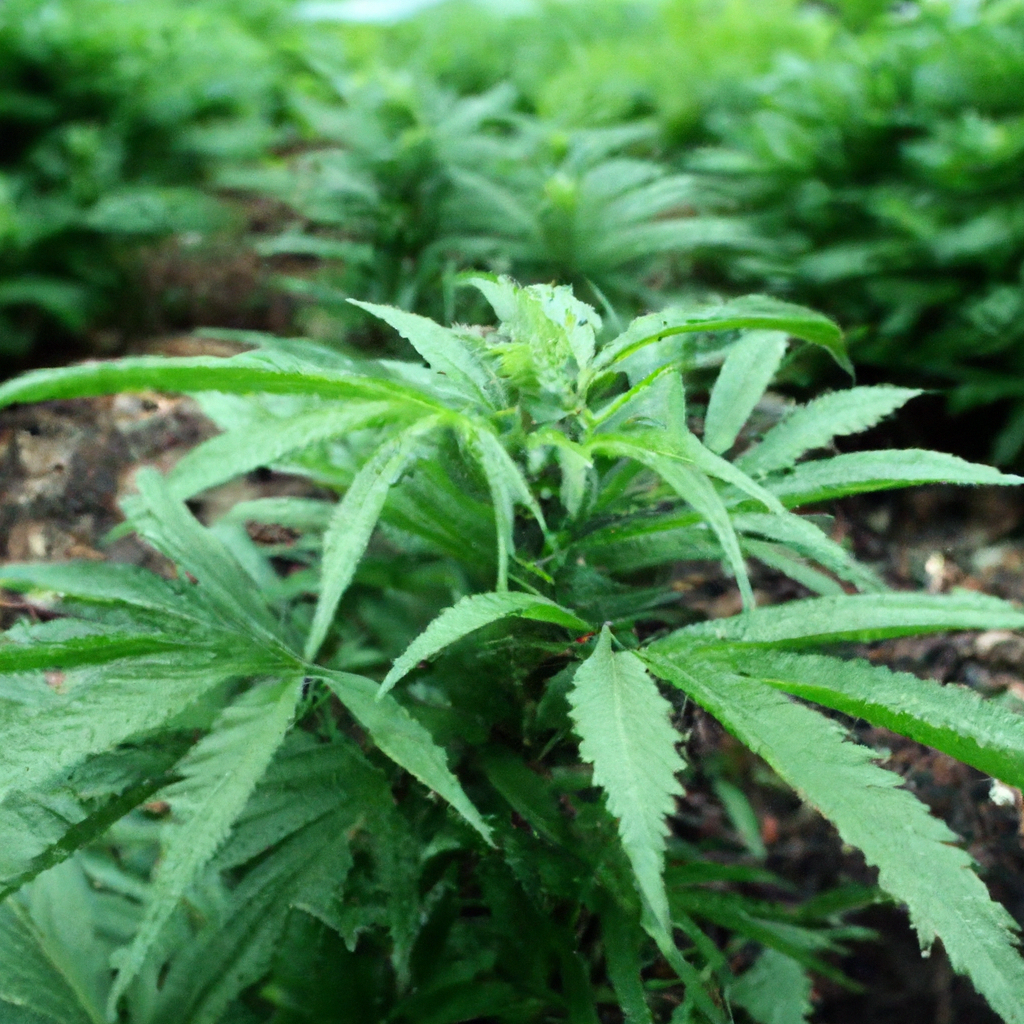
Organic cannabis cultivation transcends trendiness by prioritizing environmental respect and consumer health. This approach enhances cannabis quality through natural fertilizers, robust soil ecosystems, and sustainable pest control. The cornerstone of success lies in nurturing the soil with compost, cover crops, and no-till farming. Nourishment is provided by organic fertilizers like worm castings and bone meal,…
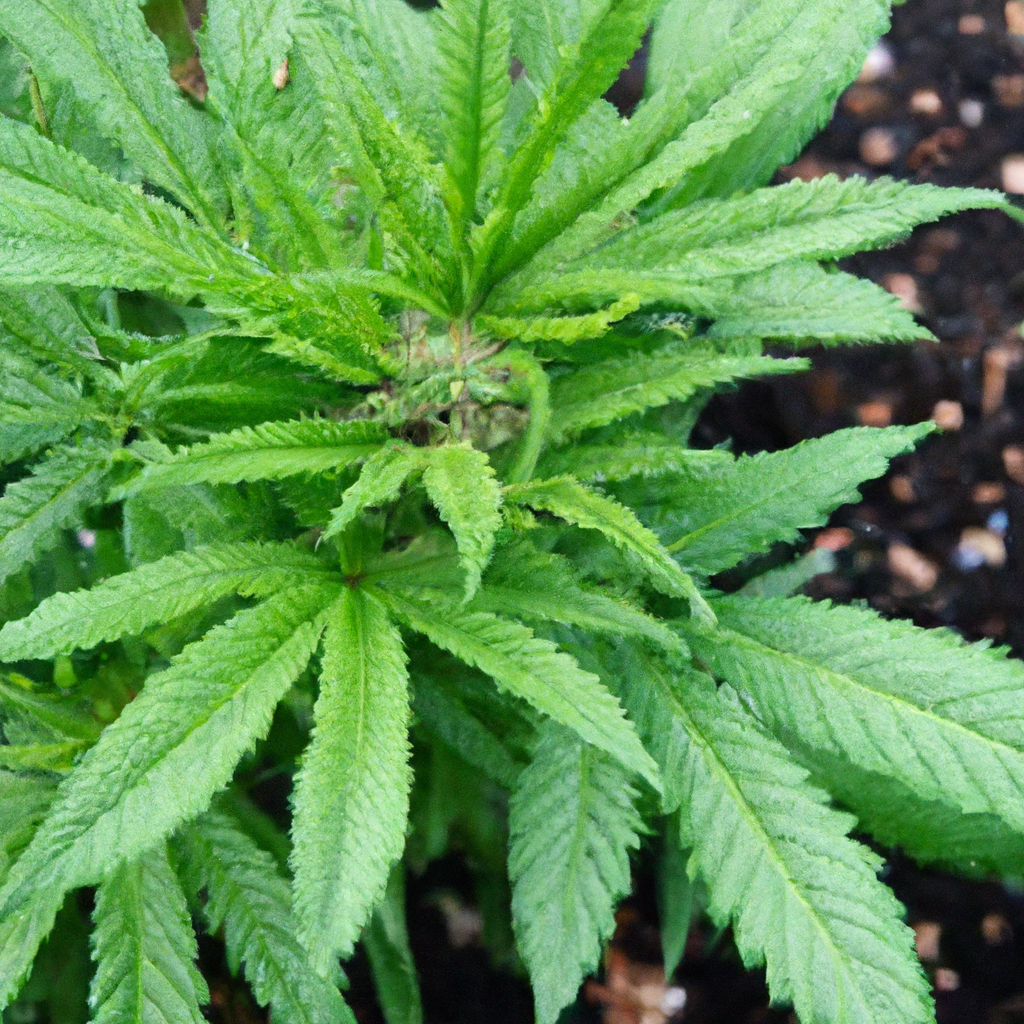
Organic cannabis cultivation emphasizes a sustainable and eco-friendly approach by using natural fertilizers, compost, and pest control methods to enhance plant health. Success begins with building a robust soil ecosystem rich in microbes and nutrients, utilizing compost, crop rotation, and companion planting. Natural fertilizers like compost tea, worm castings, and fish emulsion enhance growth sustainably.…
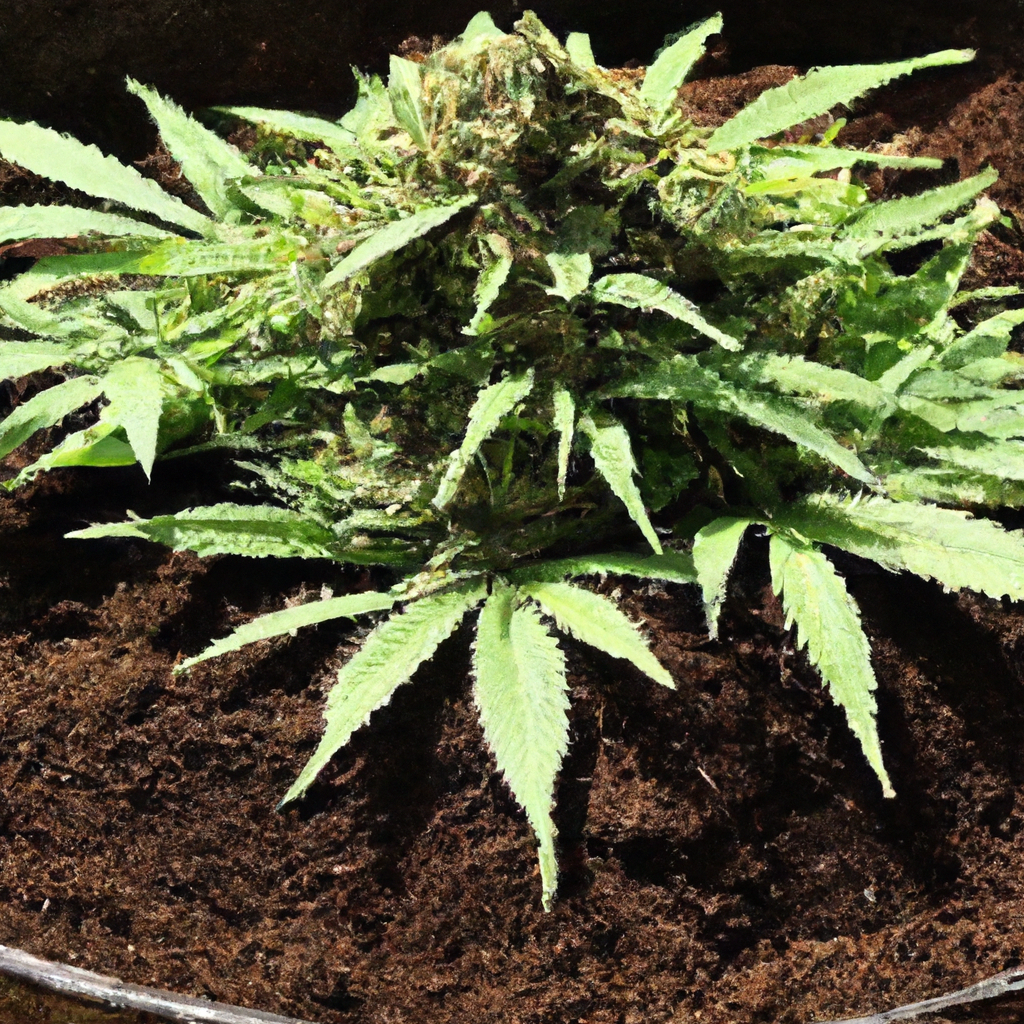
Embracing organic methods in cannabis cultivation promotes sustainability and yields a healthier product for consumers. By utilizing natural fertilizers like worm castings, bone meal, and guano, growers can improve soil health and enhance plant resilience against diseases and pests. Composting enriches the soil ecosystem, while natural pest control methods, such as companion planting, maintain ecological…
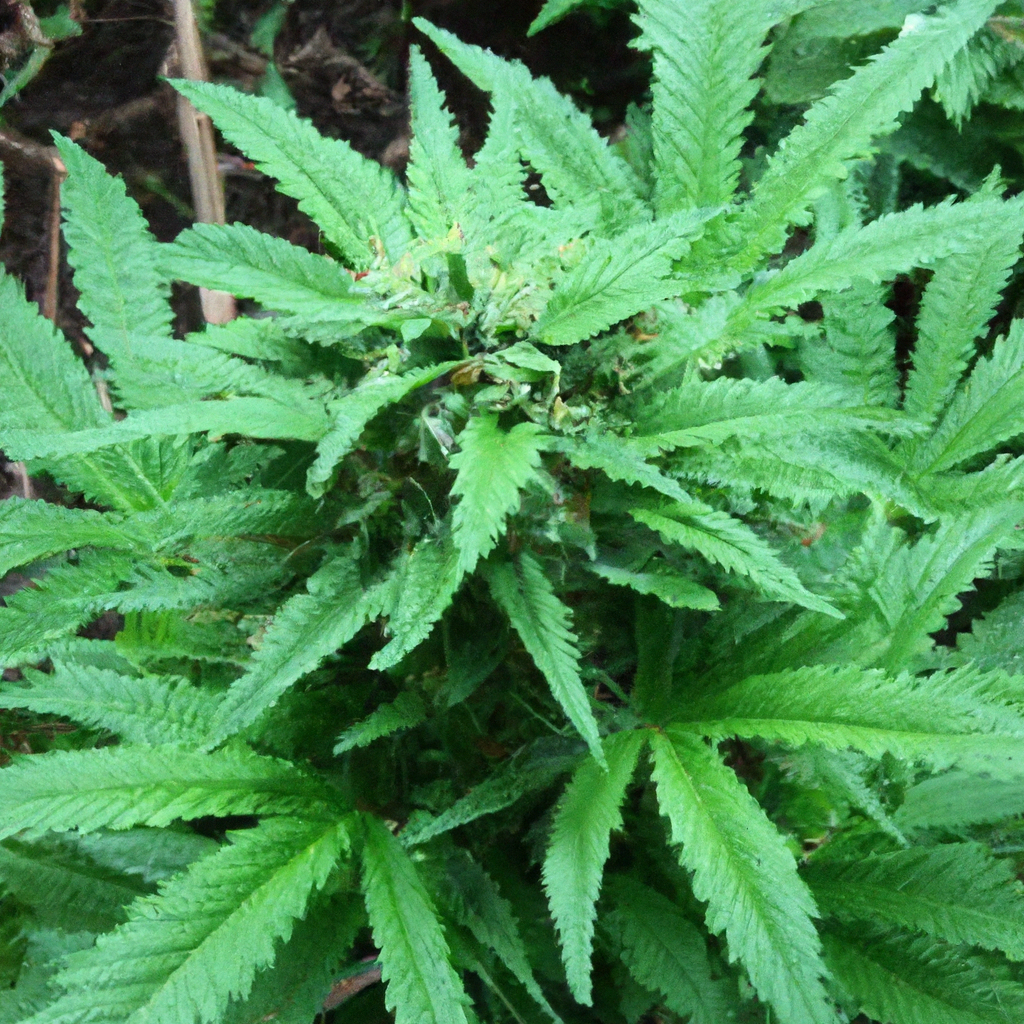
Organic cannabis cultivation is gaining popularity among growers for its sustainability and natural benefits. This method enhances plant health and supports environmental well-being by nurturing robust soil ecosystems rich in beneficial microbes and organic matter. Techniques such as composting, crop rotation, and mulching improve soil quality, while natural fertilizers like comfrey tea and fish emulsion…
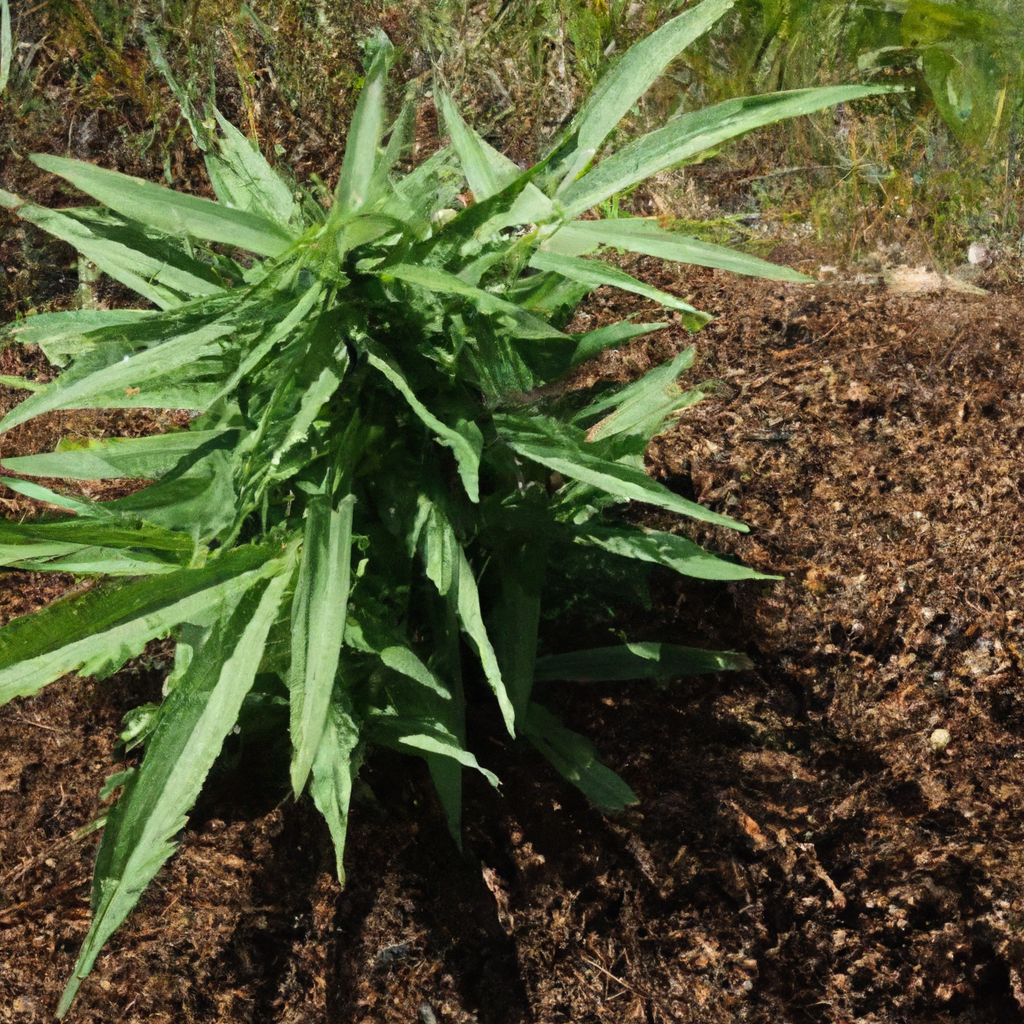
In recent years, many cannabis growers have turned to organic cultivation methods, producing cleaner, safer products and benefiting the environment. This guide provides a blueprint for organic cannabis farming, emphasizing healthy soil ecosystems, sustainable fertilization, and eco-friendly pest control. Key practices include composting, using natural fertilizers like fish emulsion and worm castings, and employing methods…
